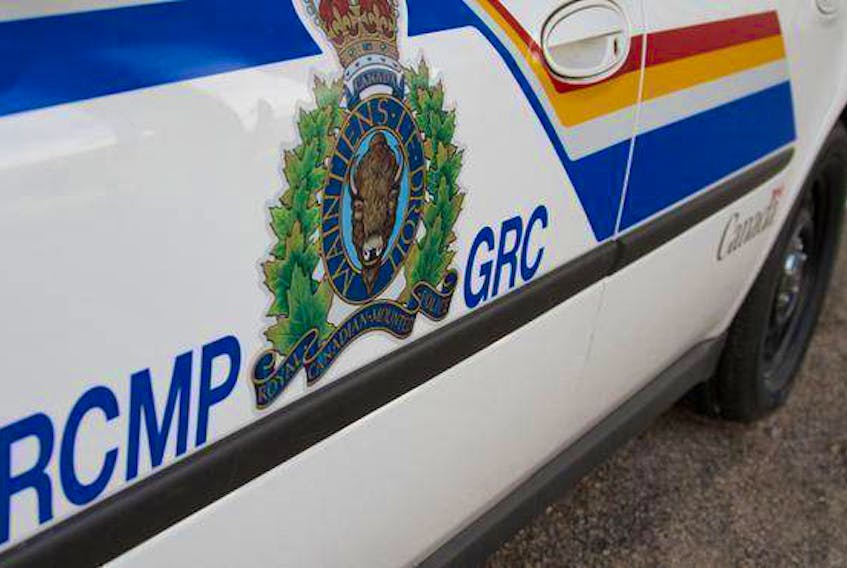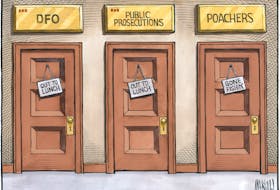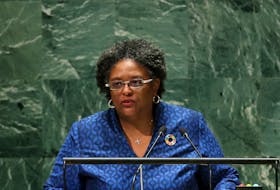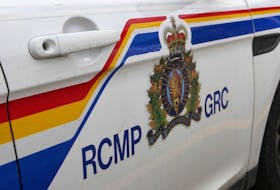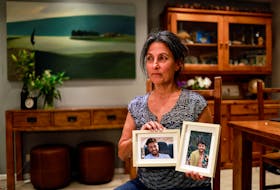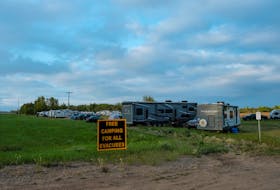The New Brunswick RCMP is encouraging parents to be vigilant about what children are doing online, after a number of recent incidents of young people sexually exploiting themselves on the Internet.
In recent months, the RCMP's Internet Child Exploitation (ICE) Unit identified four children between the ages of eight and 12 in New Brunswick who voluntarily shared nude pictures or videos of themselves and made them available to the public on various free websites. All of the children have been identified and confirmed to be safe.
"It is unfortunately becoming more common for young people, even children, to share exploitative photos and videos of themselves online, and once it's online it can't always be removed," said Sgt. Chantal Farrah of the New Brunswick RCMP. "Many young people also don't realize that publicly sharing images or videos of a sexual nature of a person under the age of 18 is a child pornography offence."
The RCMP offers the following tips for parents and guardians:
- Know what sites children visit online. Many Internet service providers offer tools to limit or restrict websites.
- Regularly monitor the various devices used by children to access the Internet, such as tablets, smartphones, and gaming consoles.
- Talk to children about what's appropriate for them to do online, and about inappropriate behaviour or requests from others.
- Consider making a family contract outlining online rules and have regular check-ins with children about their online activities.
The RCMP is an official partner of the Canadian Centre for Child Protection. Visit their website, www.cybertip.ca, for additional tips and resources for talking to children about online safety and what to look for, or to report any instance of online child exploitation.

